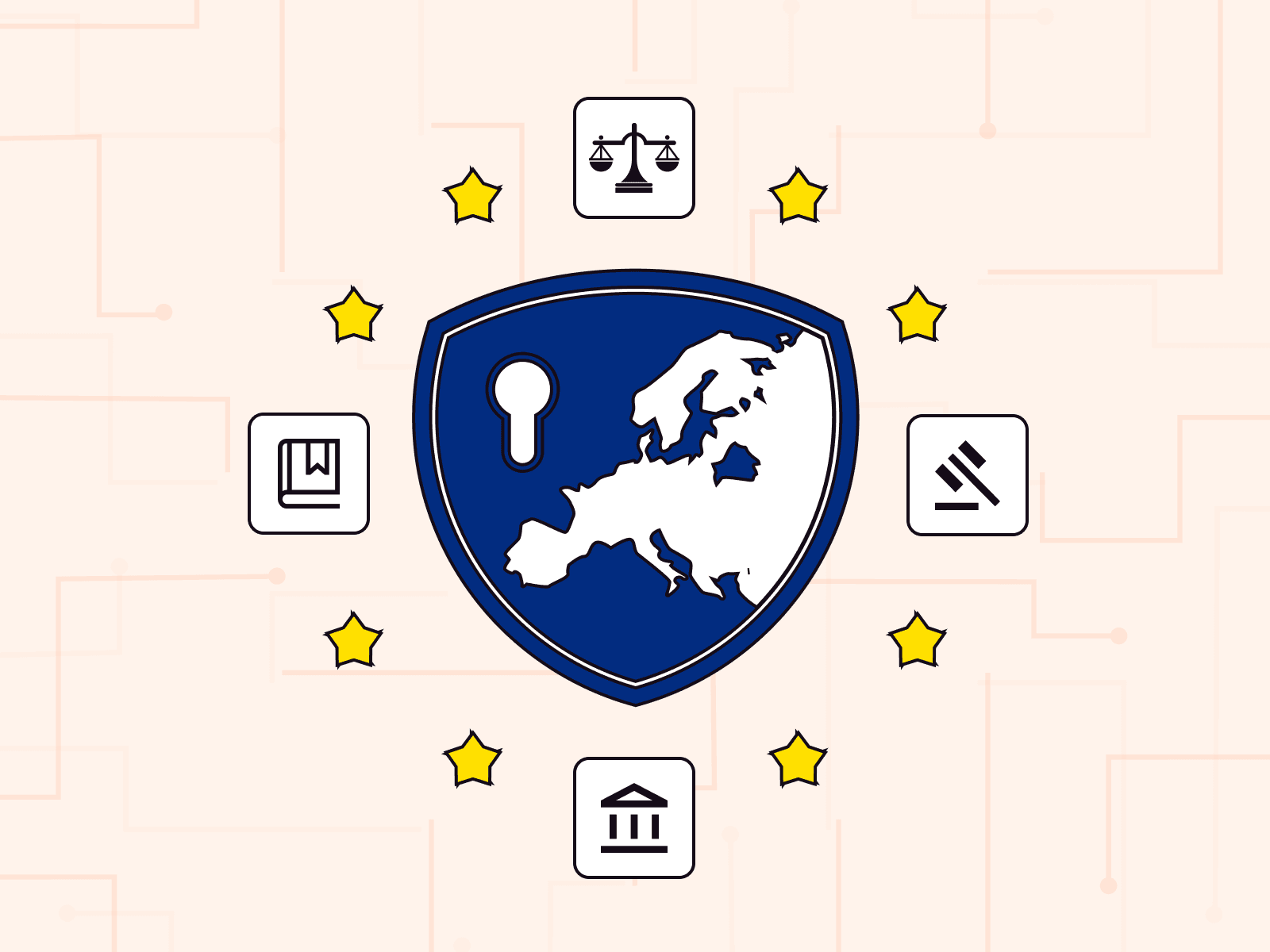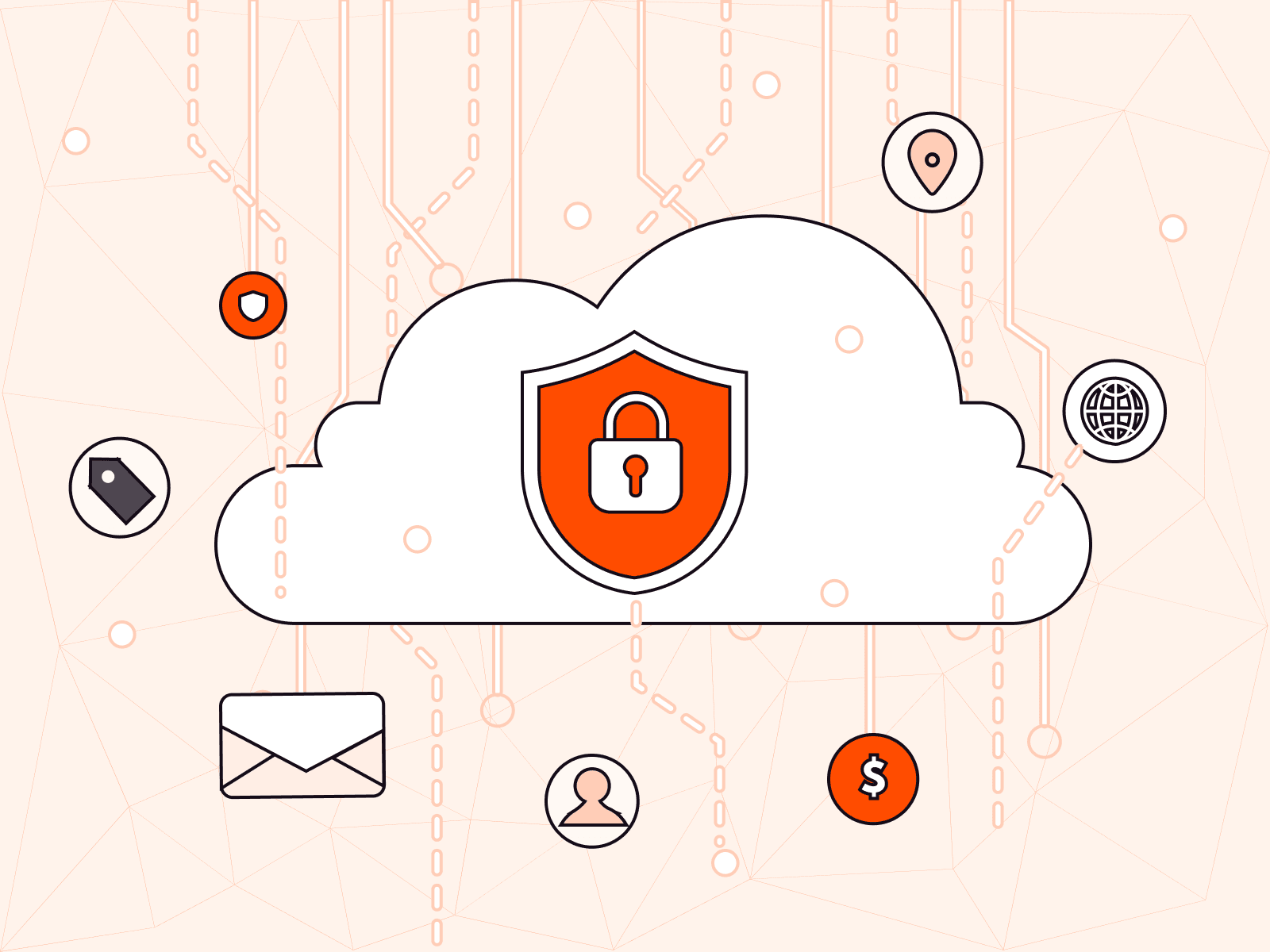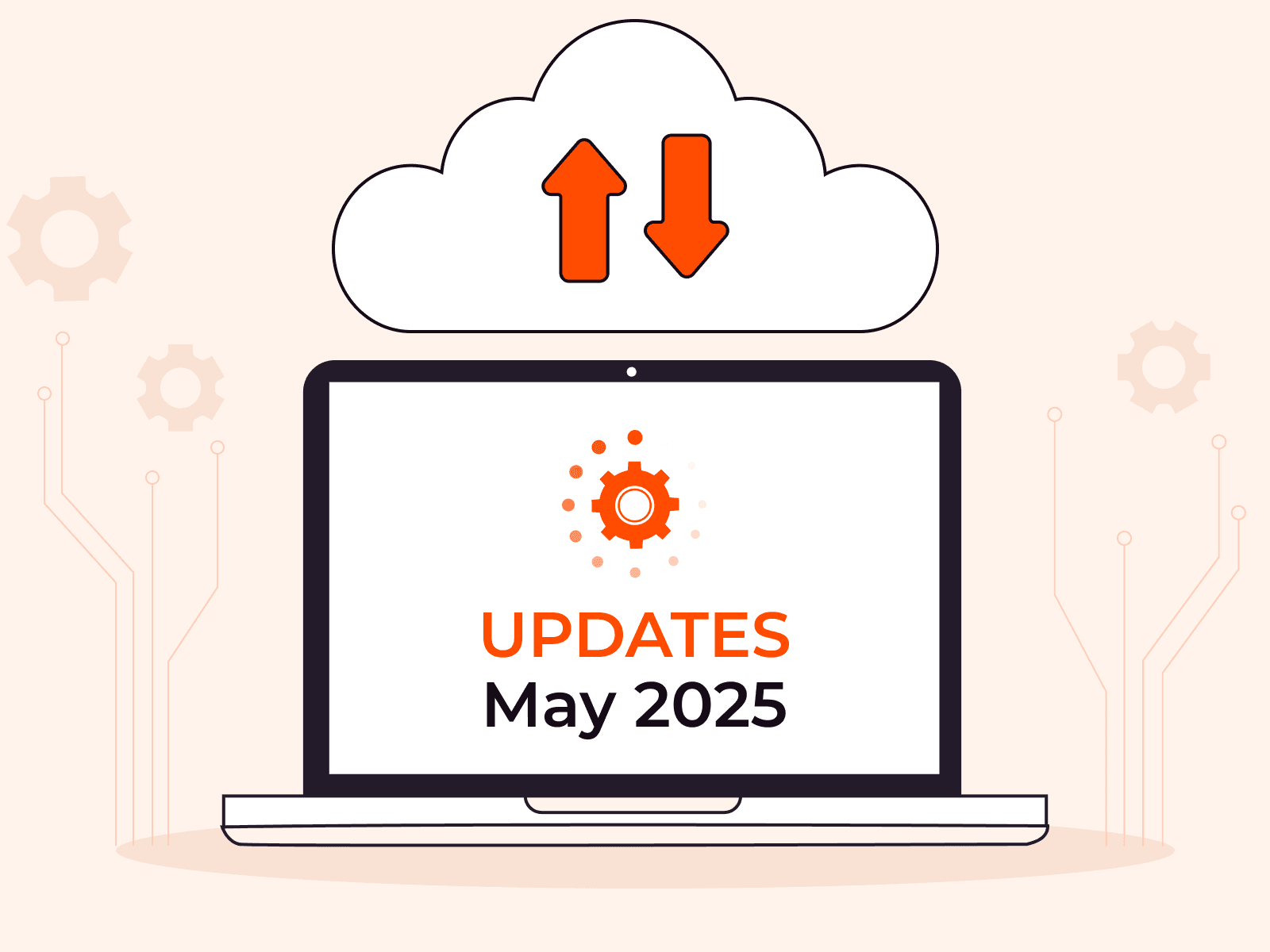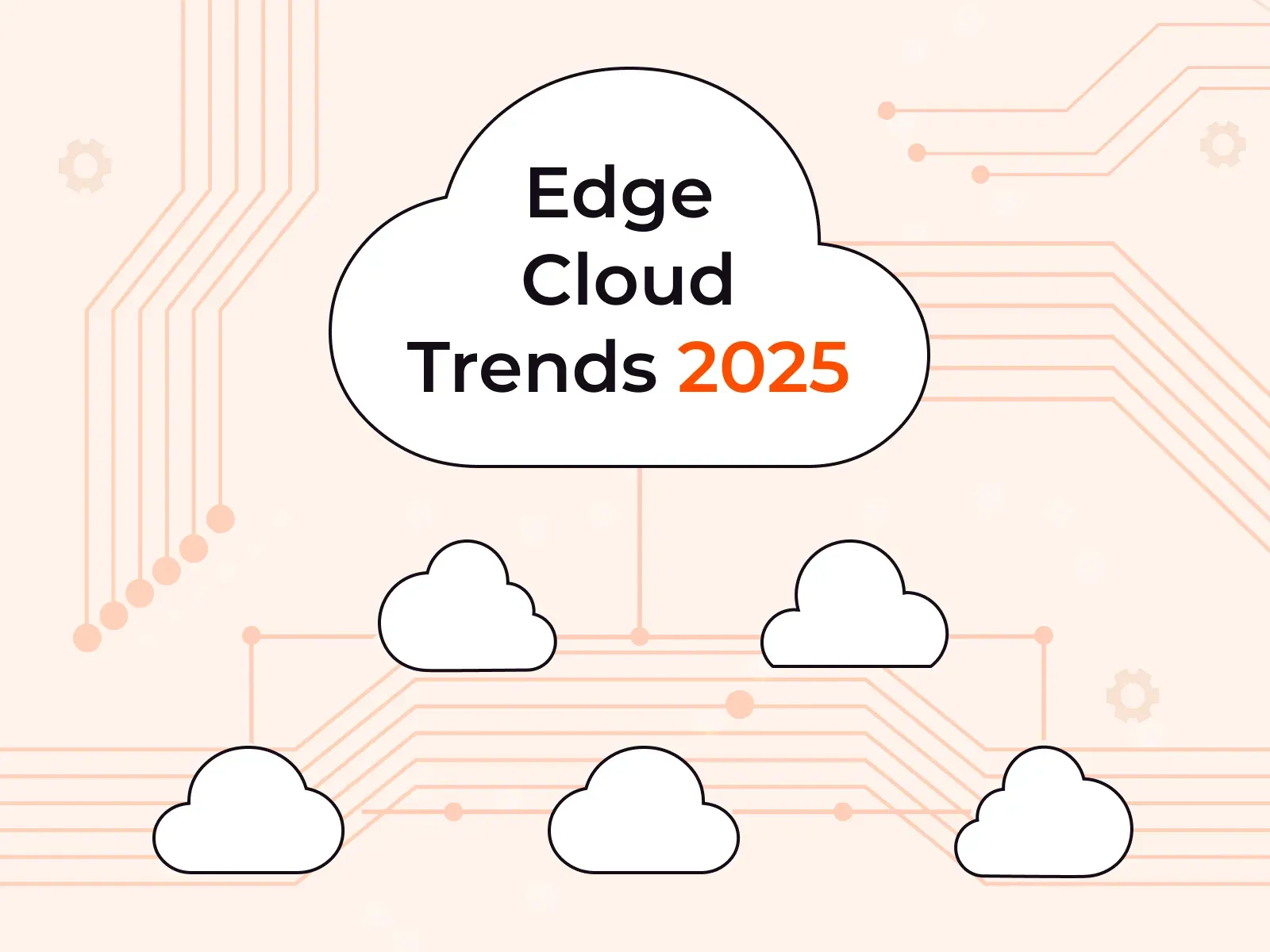The cloud control gap: why EU companies are auditing jurisdiction in 2025
- July 2, 2025
- 3 min read

Europe’s cloud priorities are changing fast, and rightly so. With new regulations taking effect, concerns about jurisdictional control rising, and trust becoming a key differentiator, more companies are asking a simple question: Who really controls our data?
For years, European companies have relied on global cloud giants headquartered outside the EU. These providers offered speed, scale, and a wide range of services. But 2025 is a different landscape.
Recent developments have shown that data location doesn’t always mean data protection. A service hosted in an EU data center may still be subject to laws from outside the EU, like the US CLOUD Act, which could require the provider to hand over customer data regardless of where it’s stored.
For regulated industries, government contractors, and data-sensitive businesses, that’s a growing problem. Sovereignty today goes beyond compliance. It’s central to business trust, operational transparency, and long-term risk management.
Rising risks of non-EU cloud dependency
In 2025, the conversation has shifted from “is this provider GDPR-compliant?” to “what happens if this provider is forced to act against our interests?”
Here are three real concerns European companies now face:
- Foreign jurisdiction risk: Cloud providers based outside Europe may be legally required to share customer data with foreign authorities, even if it’s stored in the EU.
- Operational disruption: Geopolitical tensions or executive decisions abroad could affect service availability or create new barriers to access.
- Reputational and compliance exposure: Customers and regulators increasingly expect companies to use providers aligned with European standards and legal protections.
European leaders are actively pushing for “full-stack European solutions” across cloud and AI infrastructure, citing sovereignty and legal clarity as top concerns. Leading European firms like Deutsche Telekom and Airbus have criticized proposals that would grant non-EU tech giants access to sensitive EU cloud data.
This reinforces a broader industry consensus: jurisdictional control is a serious strategic issue for European businesses across industries. Relying on foreign cloud services introduces risks that no business can control, and that few can absorb.

What European companies must do next
European businesses can’t wait for disruption to happen. They must build resilience now, before potentially devastating problems occur.
- Audit their cloud stack to identify data locations and associated legal jurisdictions.
- Repatriate sensitive workloads to EU-based providers with clear legal accountability frameworks.
- Consider deploying hybrid or multi-cloud architectures, blending hyperscaler agility and EU sovereign assurance.
Over 80% of European firms using cloud infrastructure are actively exploring or migrating to sovereign solutions. This is a smart strategic maneuver in an increasingly complex and regulated cloud landscape.
Choosing a futureproof path
If your business depends on the cloud, sovereignty should be part of your planning. It’s not about political trends or buzzwords. It’s about control, continuity, and credibility.
European cloud providers like Gcore support organizations in achieving key sovereignty milestones:
- EU legal jurisdiction over data
- Alignment with sectoral compliance requirements
- Resilience to legal and geopolitical disruption
- Trust with EU customers, partners, and regulators
In 2025, that’s a serious competitive edge that shows your customers that you take their data protection seriously. A European provider is quickly becoming a non-negotiable for European businesses.
Want to explore what digital sovereignty looks like in practice?
Gcore’s infrastructure is fully self-owned, jurisdictionally transparent, and compliant with EU data laws. As a European provider, we understand the legal, operational, and reputational demands on EU businesses.
Talk to us about sovereignty strategies for cloud, AI, network, and security that protect your data, your customers, and your business. We’re ready to provide a free, customized consultation to help your European business prepare for sovereignty challenges.
Auditing your cloud stack is the first step. Knowing what to look for in a provider comes next.
Not all EU-based cloud providers guarantee sovereignty. Learn what to evaluate in infrastructure, ownership, and legal control to make the right decision.
Related articles
Subscribe to our newsletter
Get the latest industry trends, exclusive insights, and Gcore updates delivered straight to your inbox.






